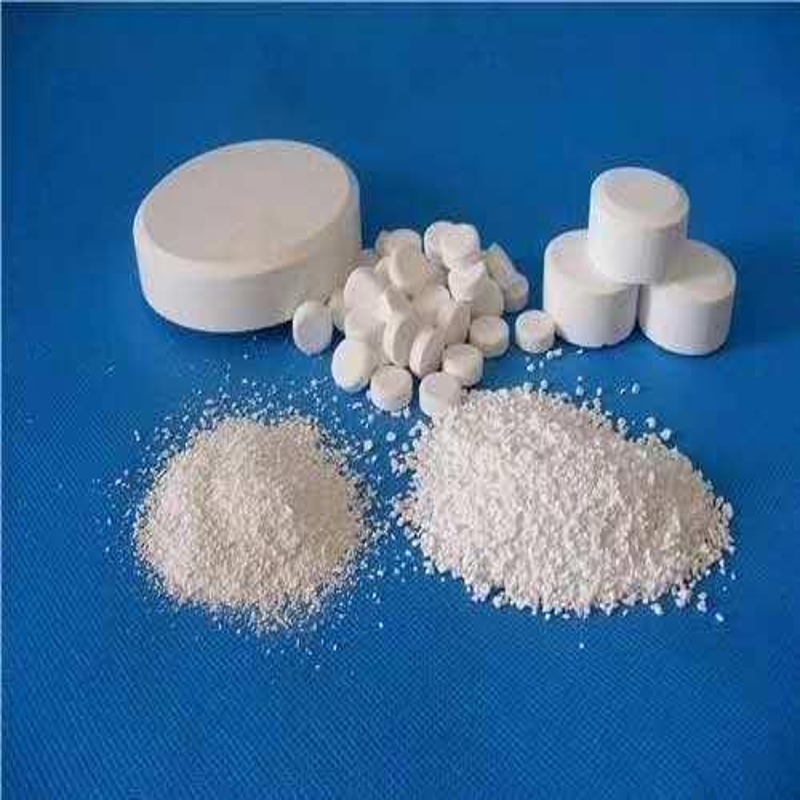-
Categories
-
Pharmaceutical Intermediates
-
Active Pharmaceutical Ingredients
-
Food Additives
- Industrial Coatings
- Agrochemicals
- Dyes and Pigments
- Surfactant
- Flavors and Fragrances
- Chemical Reagents
- Catalyst and Auxiliary
- Natural Products
- Inorganic Chemistry
-
Organic Chemistry
-
Biochemical Engineering
- Analytical Chemistry
- Cosmetic Ingredient
-
Pharmaceutical Intermediates
Promotion
ECHEMI Mall
Wholesale
Weekly Price
Exhibition
News
-
Trade Service
The Israeli government has officially launched a new incentive program for rooftop solar PV that was submitted to the public for public consultation last December
.
The plan, which is expected to deploy about 1.
6 GW of rooftop PV capacity over the next three years, aims to help the country meet its 2020 renewable energy target: 3.
5 GW of cumulative PV installations, accounting for 10%
of energy consumption.
The new incentive program also simplifies the process of connecting future projects to the grid, improves financing conditions, and regulates rooftop installation of solar power facilities in domestic, commercial and industrial facilities
, public buildings, parking lots, scaffolds, reservoirs and fish.
Under the new plan, PV projects up to 15 kW in size will be eligible for net metering, or apply for a 25-year FIT (excluding inflation index, the same below) subsidy, which is about $0.
137/kWh
.
In addition, the program will support PV systems between 15 kW and 100 kW in size, with a 25-year FIT subsidy of $0.
129/kWh
.
For both installation types, the Israeli government has established an initial quota
of 300 MW.
However, the approved rate applies only to the first 100 MW
.
The new regulations also preserve a large number of net metering schemes for PV installations under 5 MW, but are now limited to rooftop and reservoir installations
.
According to the metering scheme, all excess electricity will be purchased
by Israel Electricity Company IEC.
In addition, the program requires a series of tenders, the first of which will be launched
this summer.
The minimum capacity for a single tender will be 50 MW
.
Participants can sell all electricity to the national grid at a relevant tax rate, or sell electricity to other consumers
connected to the same solar roof.
This is a significant change in the rules of the Israel Electricity Market Authority (PUA), as the two-way sale of renewable electricity
is not allowed in Israel until these new regulations are introduced.
This new incentive will take effect
once it is published in an official Israeli journal.
This date has not been disclosed
so far.
Israel currently has about 1 GW
of solar PV power installed.
In addition, Israel also announced that it will add 1 GW of solar photovoltaic capacity
through six rounds of bidding in 2018.
The Israeli government has officially launched a new incentive program for rooftop solar PV that was submitted to the public for public consultation last December
.
The plan, which is expected to deploy about 1.
6 GW of rooftop PV capacity over the next three years, aims to help the country meet its 2020 renewable energy target: 3.
5 GW of cumulative PV installations, accounting for 10%
of energy consumption.
The new incentive program also simplifies the process of connecting future projects to the grid, improves financing conditions, and regulates rooftop installation of solar power facilities in domestic, commercial and industrial facilities
, public buildings, parking lots, scaffolds, reservoirs and fish.
Under the new plan, PV projects up to 15 kW in size will be eligible for net metering, or apply for a 25-year FIT (excluding inflation index, the same below) subsidy, which is about $0.
137/kWh
.
In addition, the program will support PV systems between 15 kW and 100 kW in size, with a 25-year FIT subsidy of $0.
129/kWh
.
For both installation types, the Israeli government has established an initial quota
of 300 MW.
However, the approved rate applies only to the first 100 MW
.
The new regulations also preserve a large number of net metering schemes for PV installations under 5 MW, but are now limited to rooftop and reservoir installations
.
According to the metering scheme, all excess electricity will be purchased
by Israel Electricity Company IEC.
In addition, the program requires a series of tenders, the first of which will be launched
this summer.
The minimum capacity for a single tender will be 50 MW
.
Participants can sell all electricity to the national grid at a relevant tax rate, or sell electricity to other consumers
connected to the same solar roof.
This is a significant change in the rules of the Israel Electricity Market Authority (PUA), as the two-way sale of renewable electricity
is not allowed in Israel until these new regulations are introduced.
This new incentive will take effect
once it is published in an official Israeli journal.
This date has not been disclosed
so far.
Israel currently has about 1 GW
of solar PV power installed.
In addition, Israel also announced that it will add 1 GW of solar photovoltaic capacity
through six rounds of bidding in 2018.







